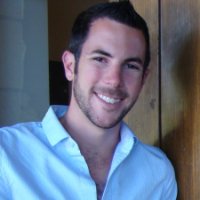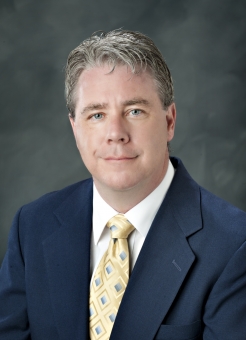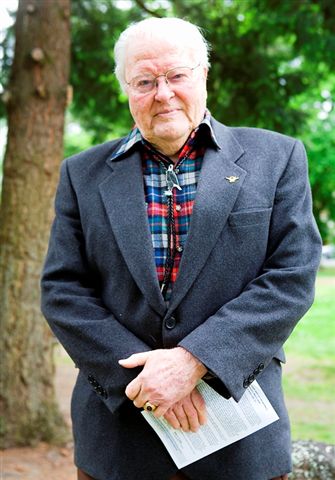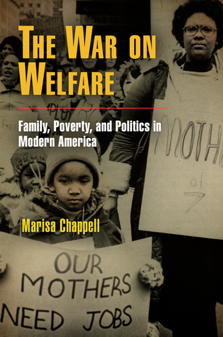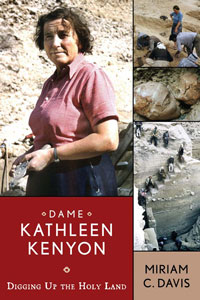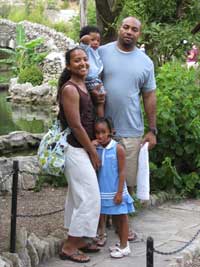Andrew Fleming, BA 2007, who wrote his Honors thesis under Prof. Clifton Crais on patterns of rural land tenure and their political/economic/social consequences in the Glen Grey District of 19th Century South Africa, moved to Cape Town after graduation. He worked for three years in a small private equity fund manager oriented towards socially-empowering investments and aimed at job creation through entrepreneurial support and funding. In May 2010 he left South Africa to do a summer¹s worth of backpacking around the Middle East and Europe, followed by the reading for an MSc in Urbanisation and Development at the London School of Economics. He writes:
“My focus for my Master’s dissertation was on low-income housing in the Global South: Specifically, I have examined a rise in evictions from private low-income rental housing in Woodstock, one of Cape Town’s urban neighborhoods. This has proven to be developmentally problematic, placing evictees in the distant urban periphery away from jobs, healthcare, education, and family support, where gender-based and drug-fuelled violence is on the increase. The evictions are also problematic for South Africa’s post-Apartheid spatial development: Not only do the evictions continue to divide the geographical city by class, but also implicitly perpetuate imperial/colonial patterns of land use and occupation. An examination into the ways in which these evictions are taking place (largely outside of the general public awareness) and their on-the-ground consequences is vital for understanding the many ways in which South Africa’s society continues to perpetuate patterns of imperial spatial use under the guises of a neoliberal economic development agenda. Exploring not only the developmental problems associated with low-income housing evictions and displacement, but also the historical roots of the evictions in question, will open up a more solutions-oriented and creative discussion on the ways in which residential and city space can be shared by citizens from multiple income levels, interacting across different social platforms and stages.”
Andrew recently began a new job as the Senior Researcher at the Cape Town Partnership, a Public-Private Non-profit organization with the overall goal of promoting Cape Town as an inclusive and productive space in which to work, live, and interact. He will be focusing specifically on research into the ways in which the City Centre has become a more inclusive urban area for a greater number of South Africans through not only an increase in businesses coming into the city (and thus an increase in job opportunities) but also how new research initiatives and cross-institutional collaboration will lead to a growth of new and creative solutions for uniquely African urban challenges.
